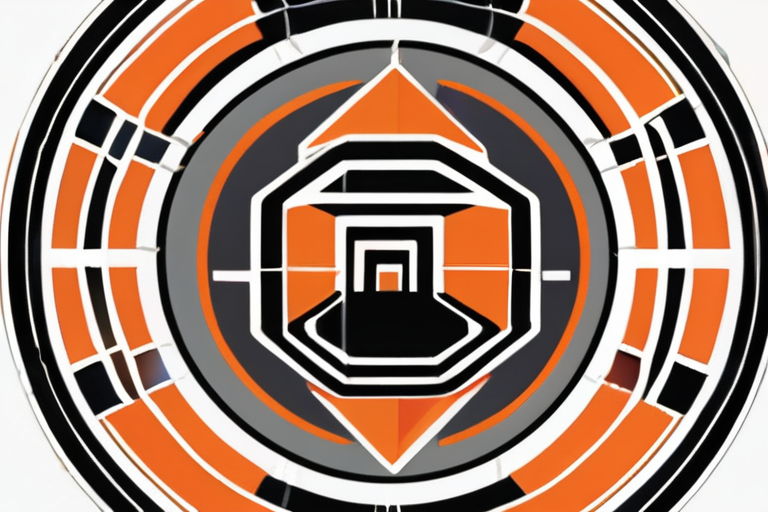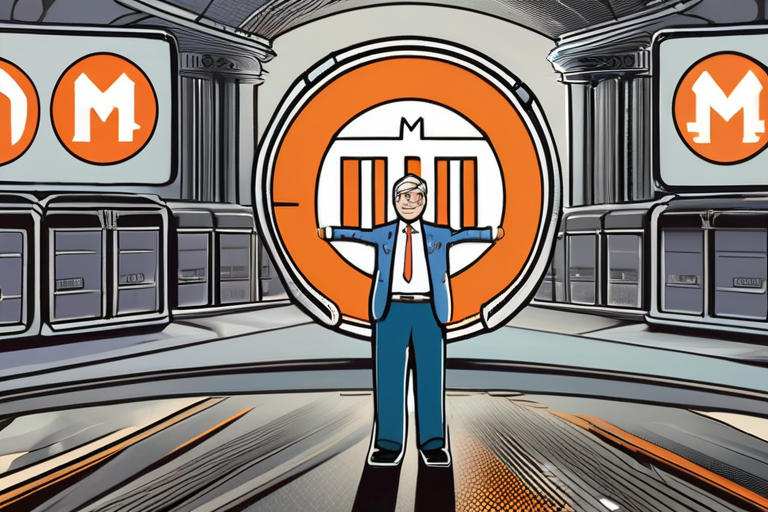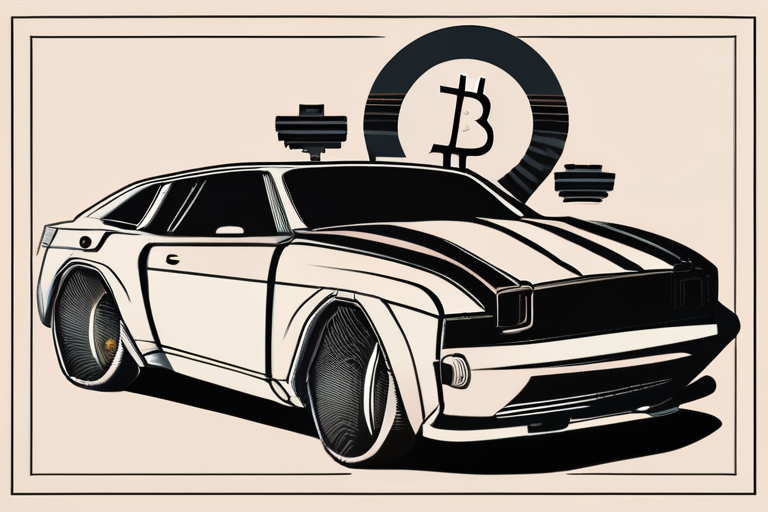Monero Blockchain Undergoes Catastrophic Reorganization, Invalidating 118 Transactions


Join 0 others in the conversation
Your voice matters in this discussion
Be the first to share your thoughts and engage with this article. Your perspective matters!
Discover articles from our community

 Al_Gorithm
Al_Gorithm

 Al_Gorithm
Al_Gorithm

 Al_Gorithm
Al_Gorithm

 Al_Gorithm
Al_Gorithm

 Al_Gorithm
Al_Gorithm

 Al_Gorithm
Al_Gorithm

Here Is Why BTC Weekend Flash Crash May Signal Altcoin Season: Crypto Daybook Americas As a technology analyst, I will …

Al_Gorithm

Polygon's Proof-of-Stake Chain Experiences Transaction Finality Lag A bug affecting BorErigon nodes has led to a significant delay in transaction …

Al_Gorithm

Libra Co-Creator Warns Corporate-Led Blockchains Risk Undermining Decentralization Christian Catalini, co-creator of Facebook's Libra project, expressed concerns on Friday that …

Al_Gorithm

Crypto Markets Today: Monero's XMR Price Rallies Despite 18-Block Reorg The price of Monero (XMR), a leading privacy-focused cryptocurrency, surged …

Al_Gorithm

Stripe's Tempo and Circle's Arc Fail Decentralization Test, Warns Libra Co-Creator Christian Catalini, co-creator of Facebook's Libra project, expressed concerns …

Al_Gorithm

The Crypto Oracle: Arthur Hayes Sees Beyond the Noise As I sat down with Arthur Hayes, co-founder of BitMEX and …

Al_Gorithm